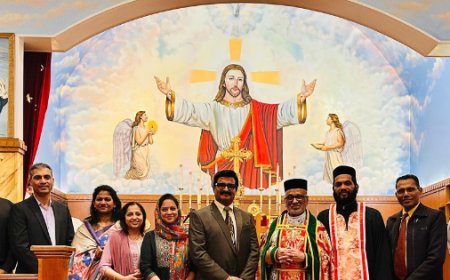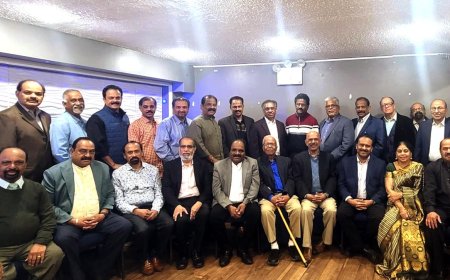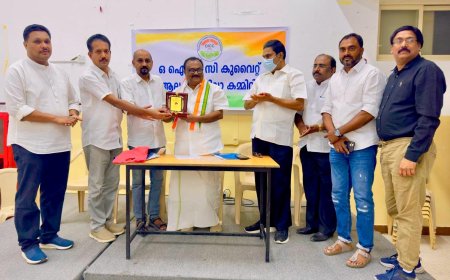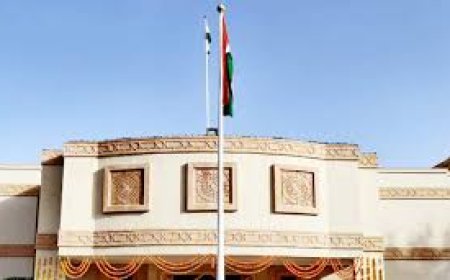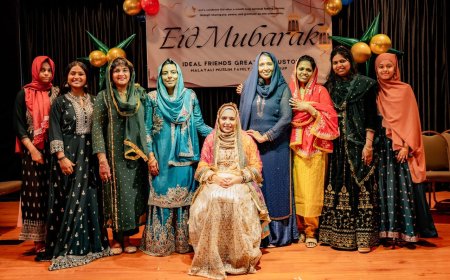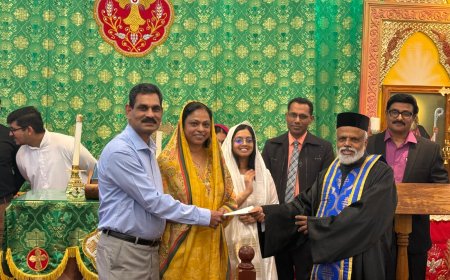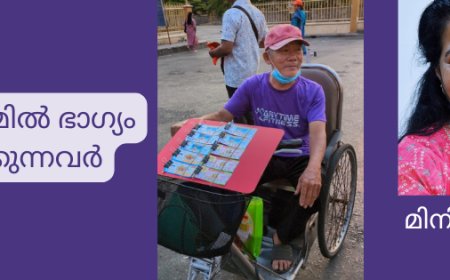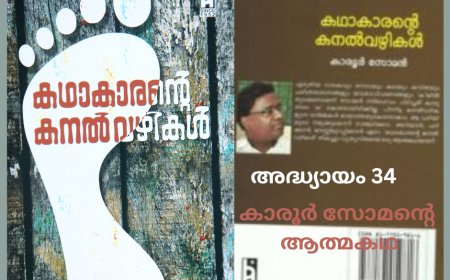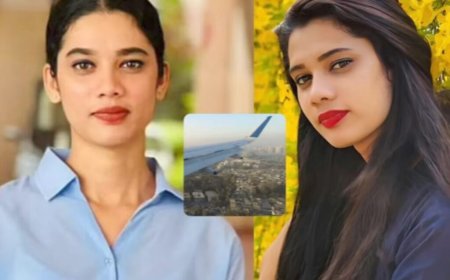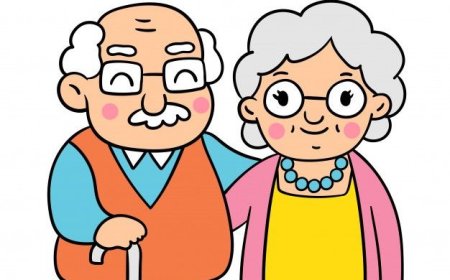Mother of 3 converts to marry Class 12 student in UP's Amroha
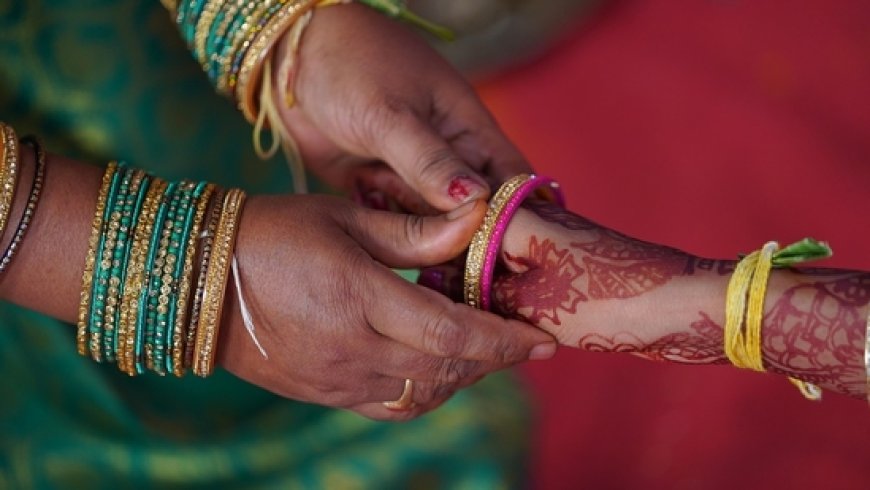
A 30-year-old woman in Uttar Pradesh's Amroha, mother of three children, converted to Hinduism and got married to a Class 12 student in a temple ceremony on Wednesday, police said.
The woman, identified as Shabnam, is now known as Shivani, news agency PTI quoted Hasanpur Circle Officer Deep Kumar Pant as saying, adding that she has been married twice before and has no living parents.
The case gains significance as anti-conversion law in enforced in the state of UP. The Uttar Pradesh Prohibition of Unlawful Conversion of Religion Act, 2021, bars religious conversion through force, deceit, or any other fraudulent ways.
Police said that they were reviewing the situation surrounding this marriage but noted that there were no legal complaints regarding this so far.
Shivani had first married a man in Meerut, but ended up getting a divorce. She then married Taufiq, a resident of Saidanwali village. However, Taufiq was left disabled after having met with a road accident in 2011.
Recently, Shivani developed a relationship with a Class 12 student, Shiva, aged around 18. Subsequently, she sought and got a divorce from Taufiq last week.
Later, she converted to Hinduism and changed her name from Shabnam to Shivani.
Meanwhile, Shiva's father, Dataram Singh, a Saidanwali resident, told reporters that he supports his son's decision and their family is happy if the couple is happy. "We only hope that both live together peacefully," he said.
UP's anti-conversion law
Last year, the Allahabad high court had observed that Uttar Pradesh's stringent anti-conversion law aims to 'uphold the spirit of secularism'. The court had rejected the bail plea of a man who was booked for allegedly forcing a girl to convert to Islam.
“The Prohibition of Unlawful Conversion of Religion Act, 2021, is intended to guarantee religious freedom to all individuals, reflecting the nation's social harmony. The purpose of this Act is to uphold the spirit of secularism in India,” Justice Rohit Ranjan Agarwal said.
The single-judge bench also observed that while the Constitution grants every individual the right to profess, practice, and propagate their religion, this does not translate into a 'collective right' to convert others.
“This is because religious freedom is equally available to both: the person converting and the one being converted,” the judge said.















